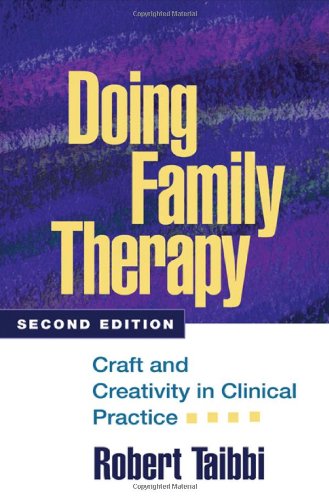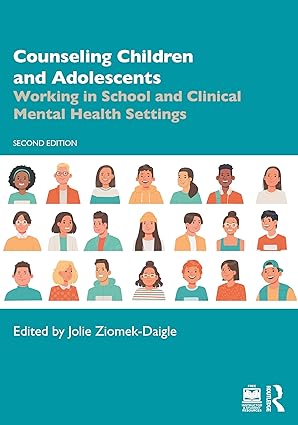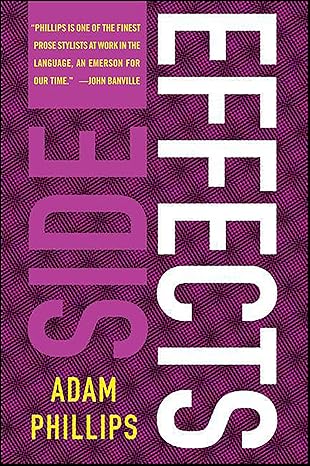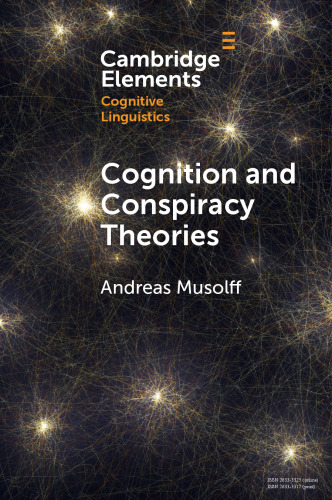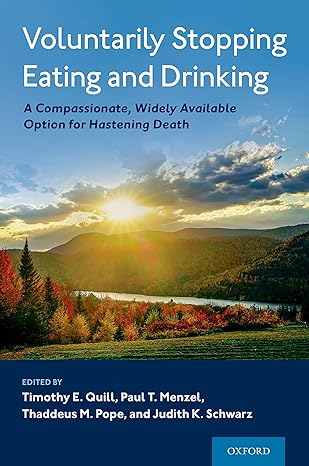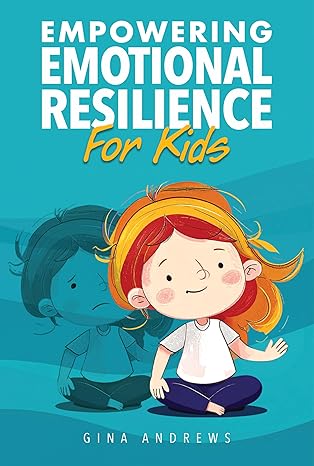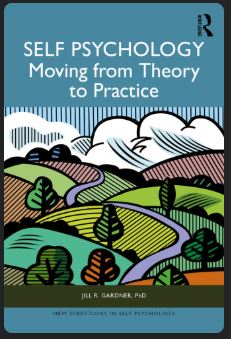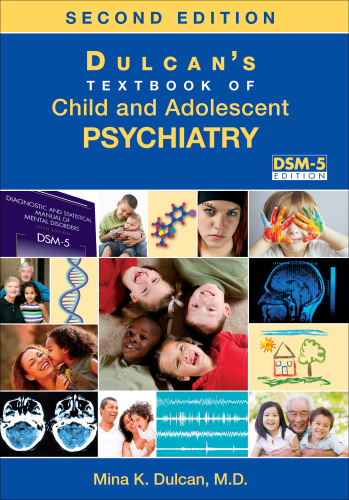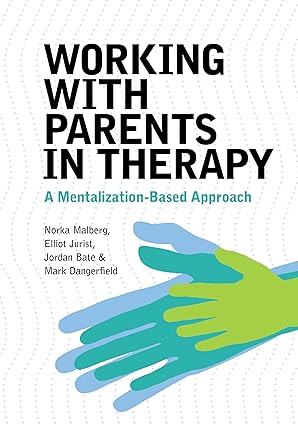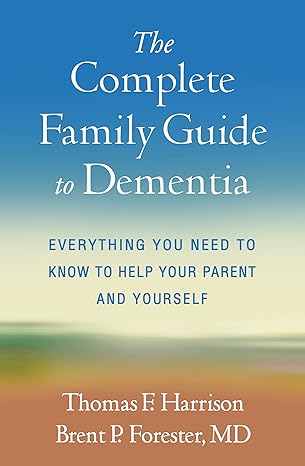An effective therapist needs to be grounded in some kind of theory. Too many theories can overwhelm you, the wrong kind can constrict you, but have none and you are set adrift in a vast ocean of facts and observations. A theory of therapy gives you something to hold onto. It can be as simple or complex as you like, because what a theory says is less important than what it can give to you and allow you to do. Theories fulfill several important functions. First, they are, by defini- tion, tools for organizing. They are the Peg-Board upon which we hang what we see and hear; they show us where to look and what to listen for. Events that once seemed random are now seen as connected. A father’s hunting trip with his son is no longer just a family folktale but, when hung on the theory, becomes an example of role modeling, an attempt to resolve and repair some split from the past, or yet another way of avoiding growing tension within the marriage. A daughter’s unexpected running away from home is not the ridiculous ending to a stupid argument about shoes, but an understandable, even predictable way of coping with undis- closed sexual abuse, a response to the father’s life-draining depression, or part and parcel of the larger cycle of addiction. With your theory as a lens, behavior and words suddenly have meaning and merit. Seemingly unre- lated events and reactions are now linked to a larger family process, a deeper layer of problems that not only explain what has happened, but [ 7 ] tell what can happen in the future. Most importantly, your theory can provide a road map for changing it.
چکیده فارسی
یک درمانگر مؤثر باید بر اساس نوعی نظریه باشد. تئوری های بسیار زیادی می توانند شما را تحت تأثیر قرار دهند، نوع نادرست می تواند شما را محدود کند، اما هیچ کدام را ندارید و در اقیانوس وسیعی از حقایق و مشاهدات سرگردان هستید. تئوری درمانی چیزی را به شما می دهد که بتوانید آن را حفظ کنید. این می تواند به همان اندازه که دوست دارید ساده یا پیچیده باشد، زیرا آنچه یک نظریه می گوید از آنچه که می تواند به شما بدهد و به شما اجازه انجام دهد اهمیت کمتری دارد. نظریه ها چندین کارکرد مهم را انجام می دهند. اولاً، آنها طبق تعریف، ابزارهایی برای سازماندهی هستند. آنها تخته میخ هستند که آنچه را که می بینیم و می شنویم به آن آویزان می کنیم. آنها به ما نشان می دهند که کجا نگاه کنیم و به چه چیزی گوش دهیم. رویدادهایی که زمانی تصادفی به نظر میرسیدند، اکنون بهصورت مرتبط دیده میشوند. سفر شکار پدر با پسرش دیگر فقط یک داستان عامیانه خانوادگی نیست، بلکه وقتی به این نظریه تعلق می گیرد، به نمونه ای از الگوسازی تبدیل می شود، تلاشی برای رفع و ترمیم برخی شکاف ها از گذشته، یا راه دیگری برای جلوگیری از تنش فزاینده در درون. ازدواج. فرار غیرمنتظره یک دختر از خانه پایان مضحک یک بحث احمقانه در مورد کفش نیست، بلکه راهی قابل درک و حتی قابل پیش بینی برای مقابله با سوء استفاده جنسی آشکار، پاسخی به افسردگی طاقت فرسا پدر، یا بخشی از زندگی است. چرخه بزرگتر اعتیاد با تئوری شما به عنوان یک عینک، رفتار و کلمات ناگهان معنا و شایستگی پیدا می کنند. وقایع و واکنشهای ظاهراً نامرتبط اکنون با فرآیند خانواده بزرگتر، لایه عمیقتری از مشکلات مرتبط هستند که نه تنها آنچه اتفاق افتاده را توضیح میدهند، بلکه [7] میگویند که در آینده چه اتفاقی میافتد. از همه مهمتر، نظریه شما می تواند نقشه راه را برای تغییر آن ارائه دهد.
ادامه ...
بستن ...
Author(s): Robert Taibbi
Publisher: The Guilford Press, Year: 2007
ISBN: 1593854773,9781593854775,9781606232118
ادامه ...
بستن ...
